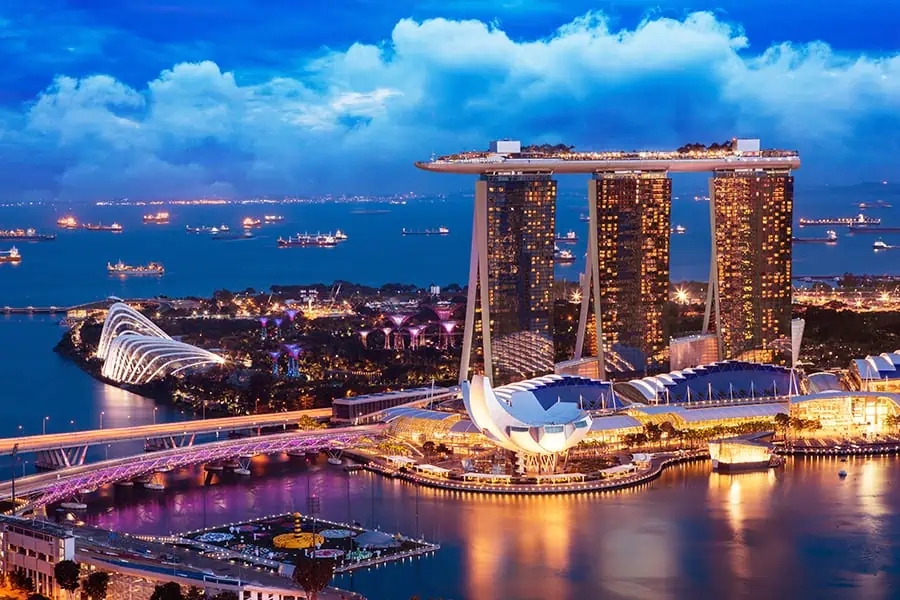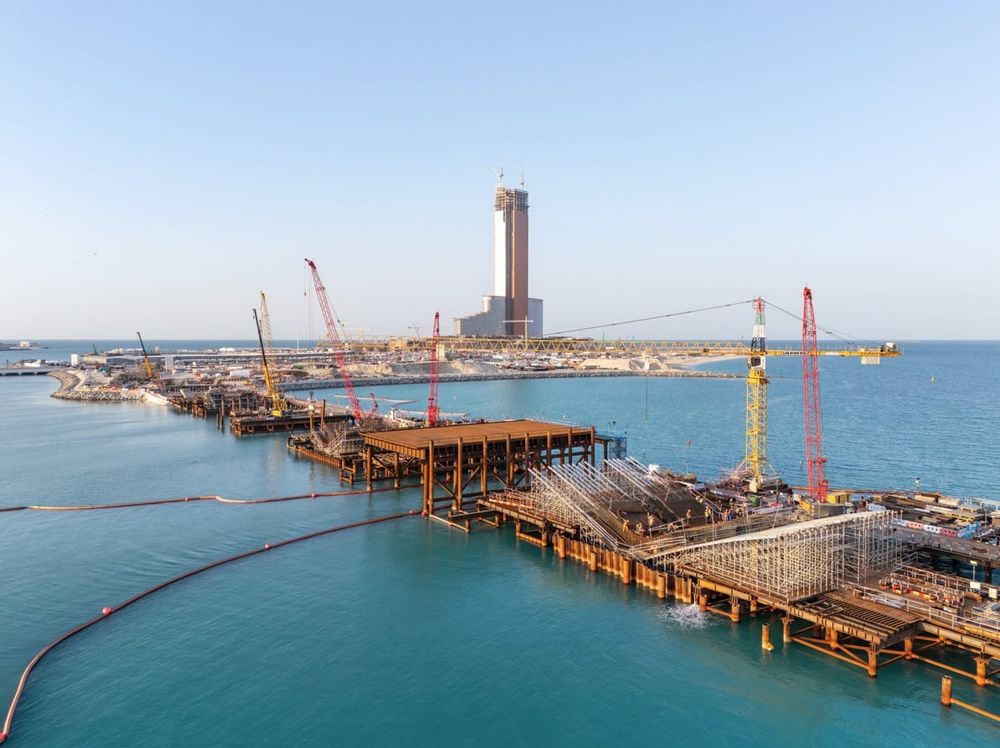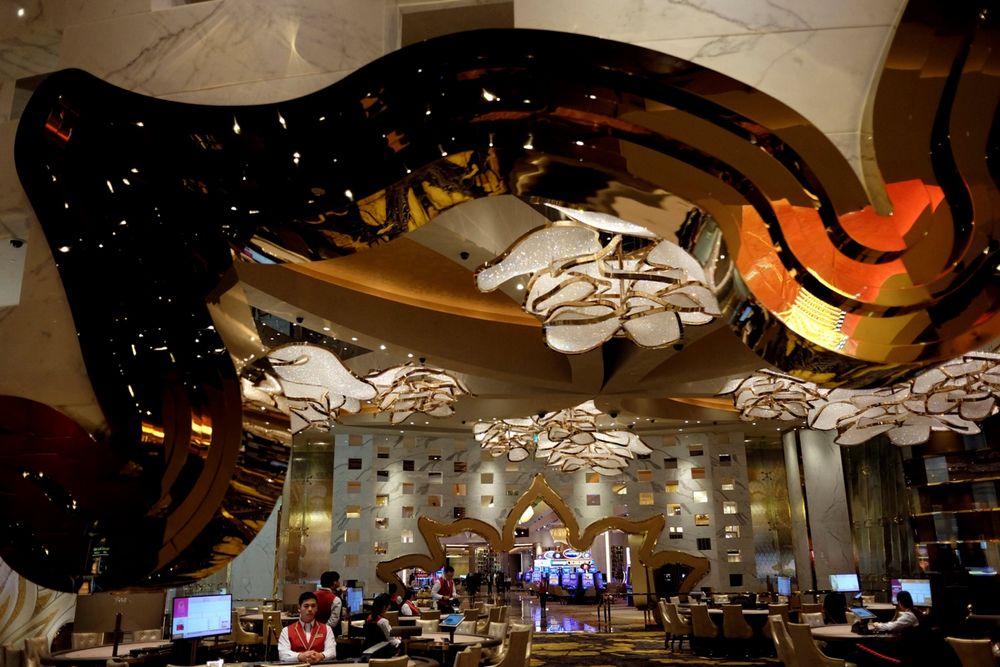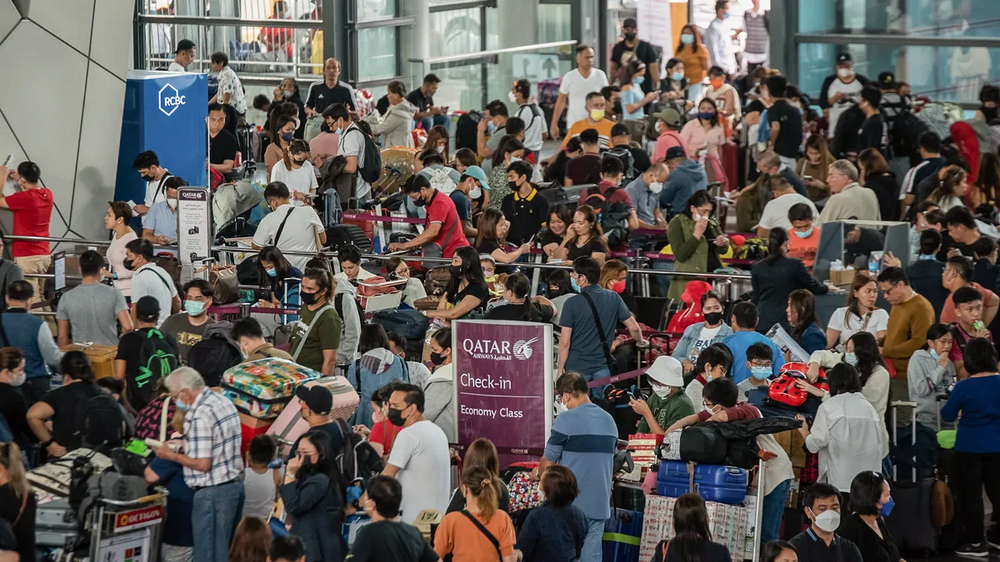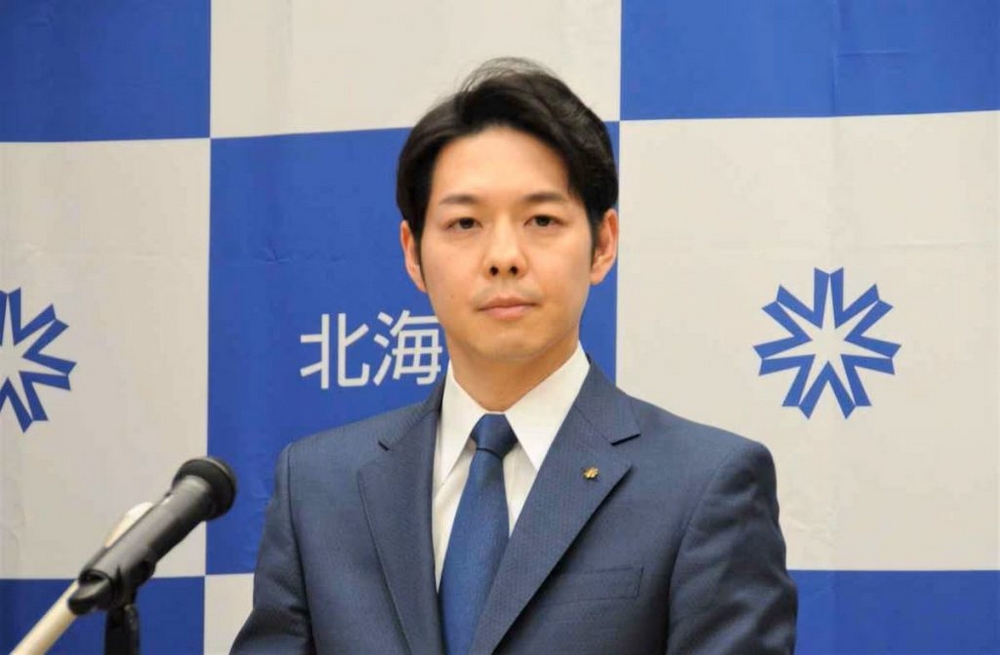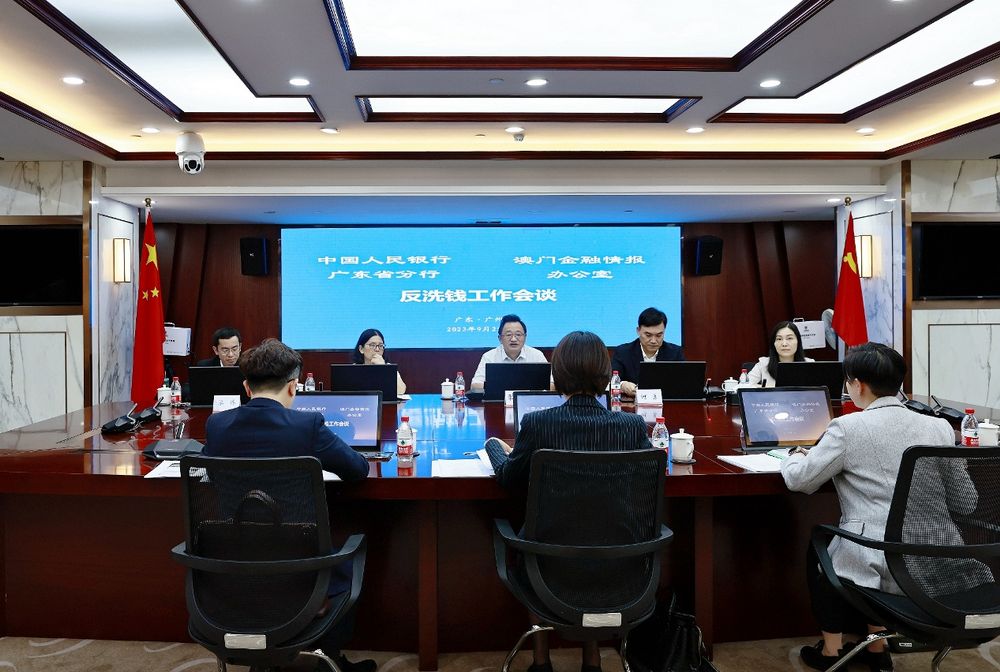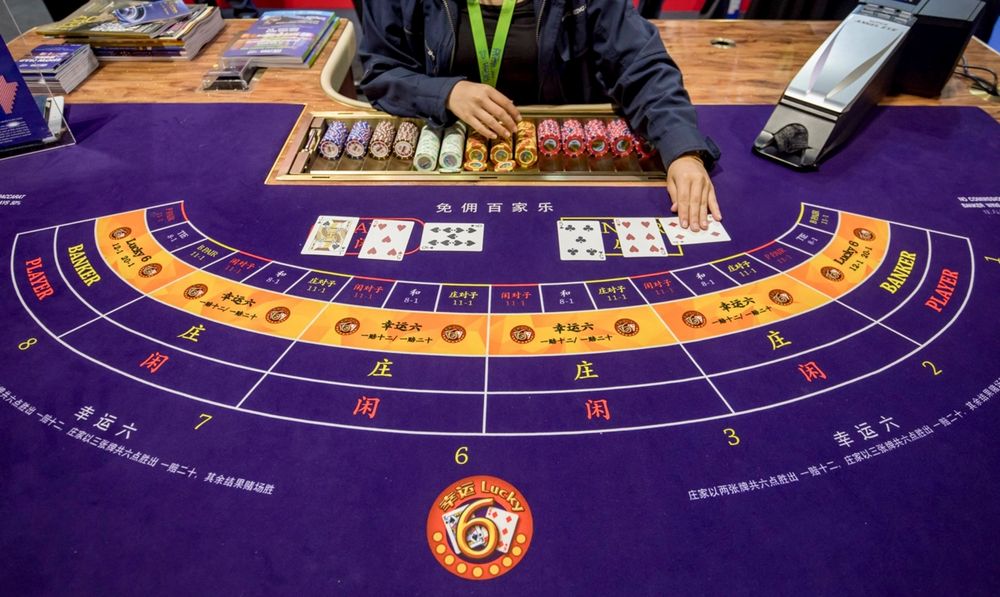Thailand’s ruling coalition is under pressure after the Bhumjaithai Party, which holds 69 parliamentary seats, announced its exit on June 19, citing border security and national sovereignty concerns. One of the biggest casualties could be the Entertainment Complex Bill, aimed at legalizing integrated casino resorts.
Bloomberg has warned that the departure of Bhumjaithai could leave Prime Minister Paetongtarn Shinawatra with a razor-thin majority, threatening the government’s ability to push through transformative legislation such as casino regulation.
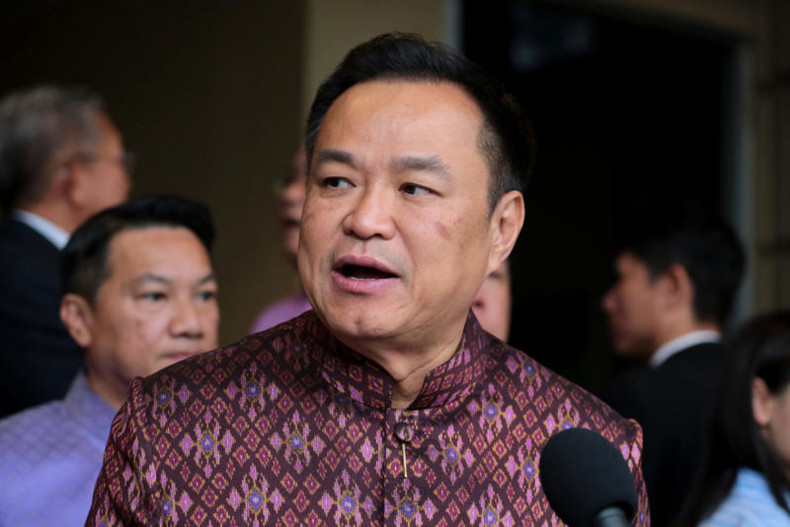
However, The Bangkok Post offered a different perspective. The outlet noted that the coalition, led by the 142-seat Pheu Thai Party, still controls 261 seats in the 500-member House of Representatives—comfortably above the 234 held by the opposition bloc led by the People’s Party.
Despite the numerical cushion, political analysts point out that the coalition’s stability now hinges on cross-party negotiations. Without Bhumjaithai, even a small revolt inside the bloc could derail controversial reforms like the casino bill, which is due for floor debate in July.

The Entertainment Complex Bill has been positioned as a cornerstone of Thailand’s post-pandemic tourism strategy, aiming to bring in foreign investment and curb illegal gambling. But with the coalition shaken and opposition voices rising, its future is far from guaranteed.











